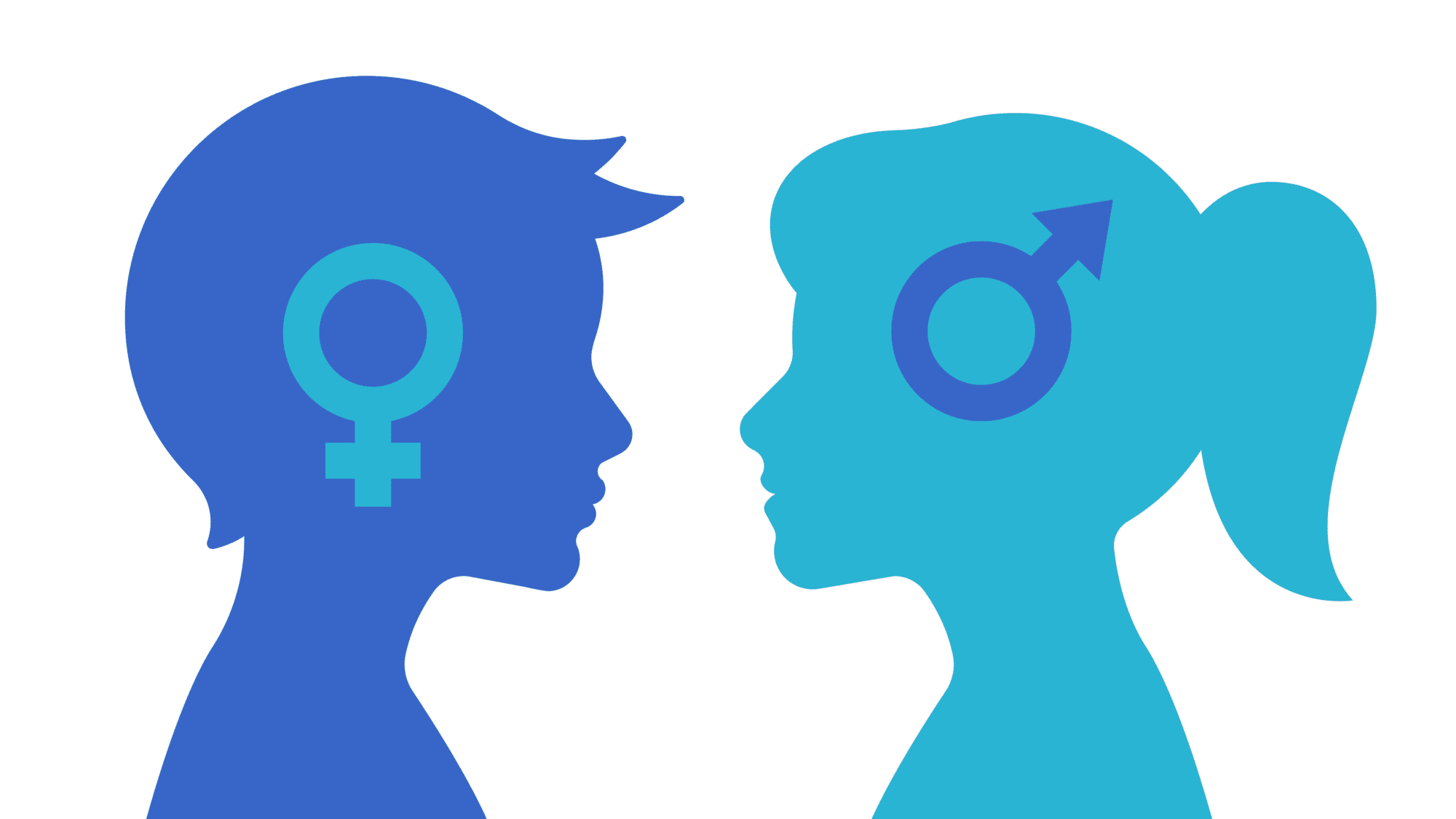
Germany’s left-liberal government has approved a controversial law allowing anyone to legally change their name and gender with a simple application.
According to the so-called self-determination act—which has been in the works for over a year—adults would be able to change their first name and legal gender at registry offices without further formalities. Children 14 years and older would need their parents’ approval, and if parents do not agree, teenagers could ask a family court to overrule them. In the case of children under 14, parents or guardians would have to make applications on their behalf. The new law would make it possible for someone to make such changes every twelve months.
The act would replace the existing “transsexual law” adopted in 1980, which requires a psychiatric evaluation from two experts and a court decision for legal changes to be made. Transgender activists have called the process costly and humiliating, with fees for psychiatrists amounting to more than €1,000. Some people have complained of feeling uncomfortable when asked about intimate details such as what type of underwear they like to put on.
“Imagine that you … simply want to live your life and you don’t wish anyone anything bad, and then you’re questioned about what your sexual fantasies are, what underwear you wear and similar things”, said Justice Minister Marco Buschmann of the liberal FDP party, justifying his party’s position. Family Minister Lisa Paus of The Greens called the new law “socio-political progress”.
The proposals set out by the government do not, however, make any changes to what gender one can choose under German law: the options available are “man,” “woman,” “diverse,” and “not specified.” The law also does not interfere with current rules that stipulate that sports associations can decide whether to allow males and females to take part in competitions organised for the opposite sex. The new law does however state that a person legally identified as a man cannot evade military service in the event of war, writes Die Zeit.
The legislation still needs approval by parliament but could go into effect in November 2024. The opposition centre-right Christian Democrats (CDU/CSU) have expressed concerns about women’s rights being jeopardised.
“The law leaves it up to the lifeguard or fitness trainer to decide whether a transgender person can enter the women’s changing room”, spokesman Silvia Breher said.
Right-wing AfD is also concerned about children’s rights.
“The government is not only ignoring scientific facts, but is violating the constitution which states that the care and upbringing of children is the natural right and the primary duty of parents”, tweeted party leader Alice Weidel, referring to the latest proposals that would allow courts to overrule parents’ decisions.
#Selbstbestimmungsgesetz entmündigt Eltern – #AfD prüft verfassungsrechtliche Schritte!
— Alice Weidel (@Alice_Weidel) August 23, 2023
Die Bundesregierung hat sich auf das „Selbstbestimmungsgesetz“ geeinigt, das vermeintliche #Diskriminierung bekämpfen und es nicht nur Erwachsenen, sondern auch Kindern ab dem 14. Lebensjahr… pic.twitter.com/wy1rgeDieg
In an interview with Der Spiegel, German feminist Alice Schwarzer said the law would encourage young people to change gender simply because it was “fashionable.”
Commenting on the government’s plans, author and journalist Birgit Kelle, known for her criticism of gender ideology, told The European Conservative that if the self-determination act comes into force, “it will officially legitimise a lie and criminalise the truth about a person.” Kelle added:
If a state punishes its citizens because they insist on the truth, we are no longer living under the rule of law, but in a dystopia of Orwellian proportions.
A survey carried out by YouGov for the Welt am Sonntag last year showed 46% of respondents in favour of the plan and 41% rejecting it. However, 48% of participants rejected the proposal for teenagers to be allowed to legally change their gender, while 39% supported it.
Spain’s left-liberal parliament earlier this year passed a transgender law that allows people over 16 years of age to change their legally registered gender without any medical consultation. The UK government, however, blocked the Scottish Parliament’s similar Gender Affirmation Act. Belgium, Denmark, Ireland, and Luxembourg have also passed legislation to make it easier for people to change their legal gender, reports AFP.
